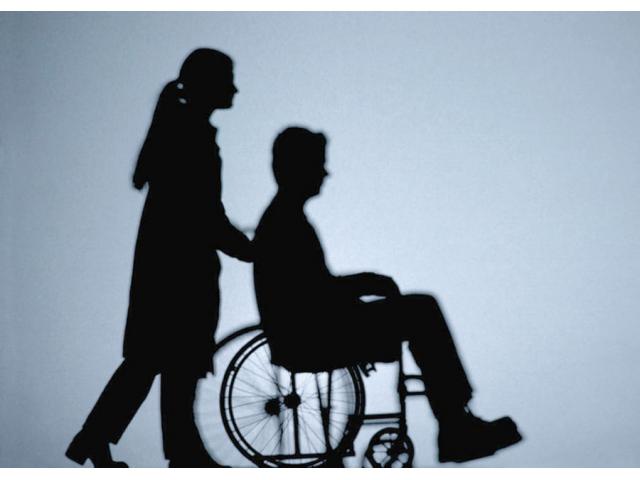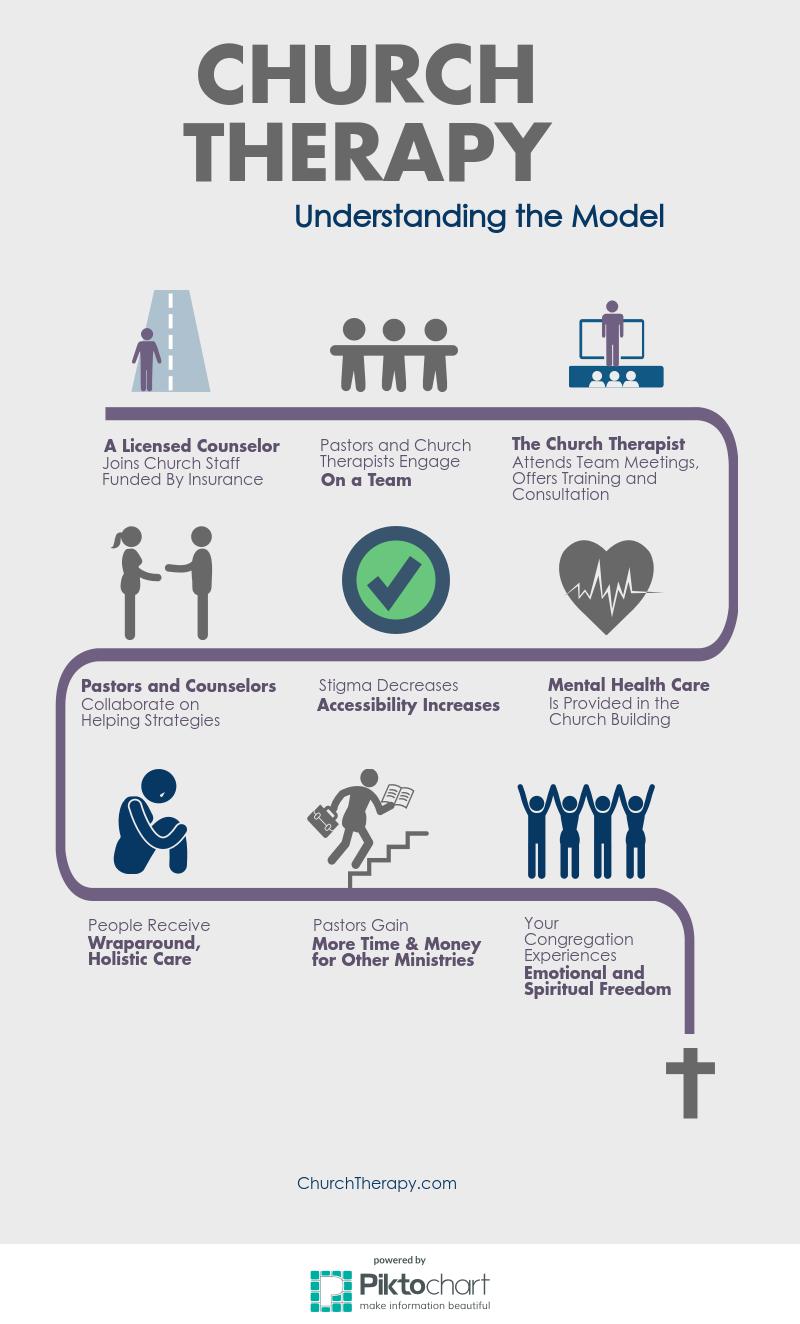What if 20% of the people in your congregation were paralyzed and had to use a wheelchair? Most likely, the church would add ramps and find other ways to make the church accessible, accommodating these disabilities. Yet because we do not see mental illnesses (or even invisible illnesses such as chronic pain), we tend to doubt their existence and we certainly do not accommodate people suffering with these types of brain disorders or emotional difficulties. We do not seek to adapt to their needs and often we do not even seek to understand their needs.
What does it mean to be like Christ to all of those hurting in our midst? What does it mean to seek to understand another person’s experience? Psalm 34:18 says, “The Lord is close to the brokenhearted; he rescues those whose spirits are crushed.” If we as the Church are to be like Christ, then we must also seek to be close to the brokenhearted and rescue those who are struggling with emotional problems and mental illnesses. What would it look like for your church to be a place where the brokenhearted are rescued? How can you reach out to the marginalized in your community?
The National Alliance for Mental Illness estimates that 1 in 5 adults experience symptoms of a mental illness each year. More research needs to be done to determine how representative the church-going population is. But what if it were 20% of your congregation? 20% of the community surrounding your church? Desperately in need of understanding and compassion. These invisible wounds often prevent a person from feeling like they fit in at church, or may stop them from coming altogether. If they come, they might feel like a “less-than” Christian because they don’t feel the way everyone else seems to feel. They are likely to be told that they should “trust God more” to make their mental illness go away.
It is time that we as the Church no longer turn a blind eye to the invisibly wounded. It is time to stop judging and blaming and giving pat answers and rise up to bring the Gospel back to its actual message: Jesus came for everyone. Regardless of how you feel or whether you could get out of bed today, Jesus is for you. Jesus makes his table accessible to all.



